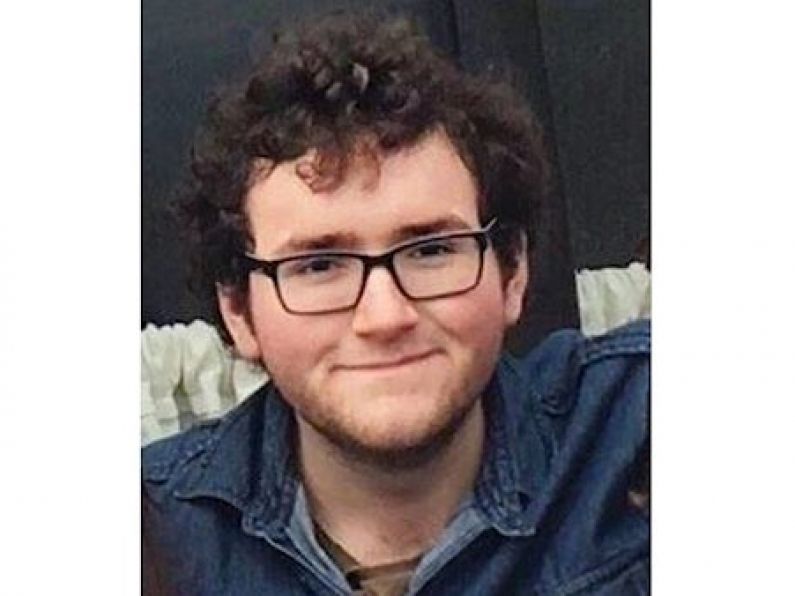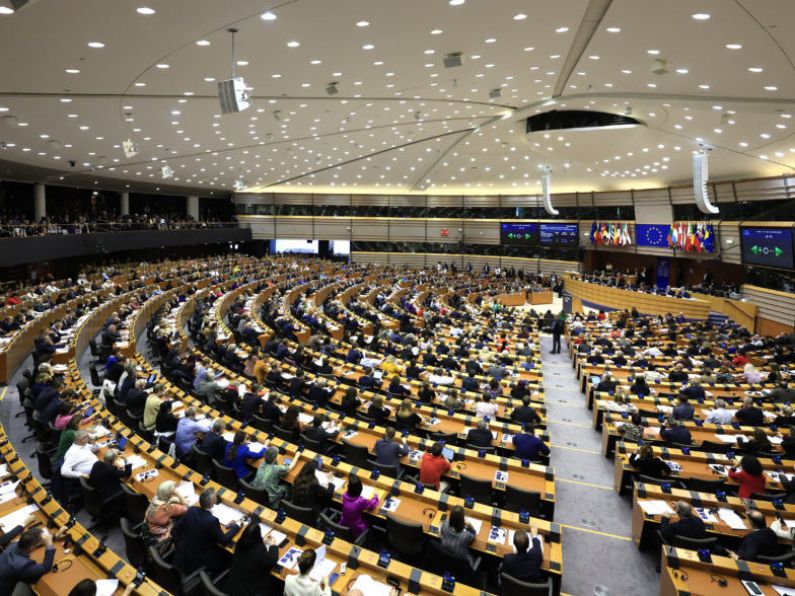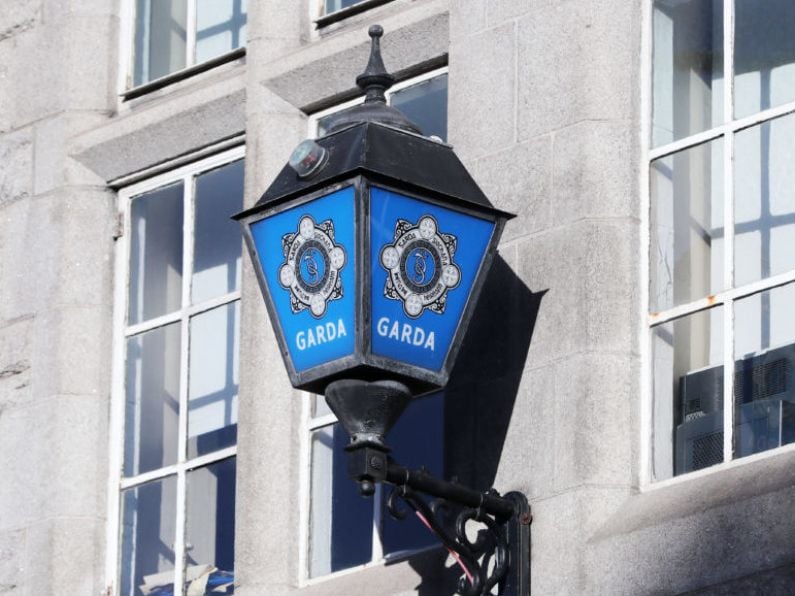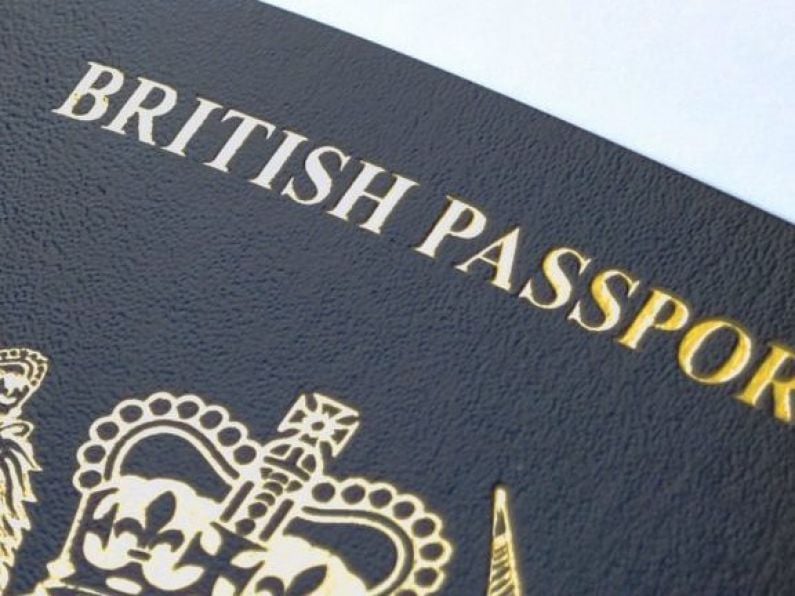A mother who lost her son through alcohol poisoning after he drank too much on a night out celebrating after exams has pleaded with Leaving Cert students to look after each other.
More than 57,000 students across the country will get their exam results tomorrow and many will celebrate by hitting the town to attend special Leaving Cert parties in pubs and clubs.
However, Helen Savastio knows the dangers of alcohol all too well after her 19-year-old son Liam McGlinchey died through alcohol poisoning in August 2017.
Liam, from Buncrana, had moved to America and was out celebrating his GED (General Educational Development) exams when he drank too much.
However, his night of celebration turned into a nightmare for his family when Liam died after being left on the front lawn of his grandmother's home in New York.
Despite the best efforts of medical staff, Liam died.
A post-mortem showed that Liam's blood-alcohol level was 0.4%, a level which doctors say can cause death.
Last week two of his friends were jailed after being found guilty of criminally negligent homicide.
Helen, who lives in Buncrana, pleaded with the thousands of young students saying such nights can be deadly.
She said:
"A night of celebration can easily turn deadly. Whether it is as a result of a pill popped, a car accident or alcohol poisoning."
"Liam never thought that a night of drinking would end his life at 19. Liam’s death was preventable.
"If only someone had called for help or dropped him off at a hospital," she said.
Helen pleaded with the friends of drunken students not to leave them alone if they do get drunk but to look after them.
"If your friend becomes legless and starts losing consciousness don’t automatically think he’s going to sleep it off. If you’re concerned, get help.
"No family or group of friends should feel the pain of losing someone far too soon. One call can make that difference," she added.
- Drinkaware’s tips and advice for parents ahead of Leaving Cert results:
- Think about your own drinking habitsBeing a positive role model and setting an example when it comes to your child’s relationship and understanding of alcohol is very important. As you know, children learn a lot by watching their parents, so if you have a healthy relationship with alcohol, you are showing your children how to do the same.
- Make it known that not every teenager drinks alcoholChallenge the perceived norm that everyone drinks before they are 18 years old and use it to open a discussion. While some may decide to drink alcohol before they reach 18 years, there are an increasing number who choose not to. It is up to each individual to make their own decision on this, and parents can help by making sure their children have the resiliency skills needed to trust their own judgement.
- Set rules and boundaries togetherBeing open and engaging about your shared expectations about alcohol will help your child feel included in the decision-making process. It’s important that they feel that they can talk to you about alcohol, but it’s also important that they know your rules around alcohol and are aware of the consequences for breaking them.
- Be empowered by your parental influenceAt our workshops, we hear from parents that they think their children’s friends have the biggest impact on their behaviours. However, we’ve found that parents are the single strongest influencers on their child’s attitudes and future behaviours towards alcohol.
- When they are of age, encourage mindful drinking or sober curiosityMost school-leaving children are of drinking age, so it’s important that parents encourage them to be a mindful if and when consuming alcohol. Talk to them about the new trend of ‘sober curiosity’, bring them to or support events that provide an alcohol-free environment, and show them that you don’t need to drink alcohol to have a good time.
Meanwhile, Drinkaware has appealed to parents to talk to their children about alcohol habits.
Sheena Horgan, CEO of Drinkaware, said: “Ahead of the Leaving Cert results celebrations and college offers, it’s important that parents engage with their young people and advocate for sober curiosity or a more mindful attitude to alcohol.
"We are appealing to parents to discuss post-results plans together with their children and provide them with practical knowledge and advice on how they can celebrate this achievement in a safe environment.
“This is a transitional life stage for thousands of young people across the country and this can bring its own issues. New surroundings, new friends and new expectations – these can all lead to feelings of stress or anxiety."
The charity, which works to prevent and reduce alcohol misuse, said that more than a third (34%) of under-25s report binge-drinking on a weekly basis (six or more standard drinks in one sitting) and 64% of under-25s claim that they use drink as a coping mechanism.
Ms Horgan said: "We know from our research that under-25s in Ireland are turning to alcohol a coping mechanism and with many college events all too often associated with drinking, such as Freshers’ Week and Rag Week, young people can feel pressured into increased alcohol use.
“We are increasingly seeing that millennials and Generation Z are becoming ‘sober-curious’ and are thinking now about improving their future health, so the desire to drink less is there but a bit of added encouragement from parents can go a long way.
Their research this year also shows 27% of adults were introduced to alcohol by a parent or close relative. Similarly, almost one in five adults (18%) were first introduced to alcohol in the home.
Ms Horgan said: “Drinkaware’s role in tackling underage drinking is to provide support and resources to those in the strongest position to positively shape the attitudes and future behaviours of young people. Our online ‘Parents Hub’ provides practical tips, tools and advice on how to approach this all-important conversation around alcohol.”
- Additional reporting by Digital Desk






